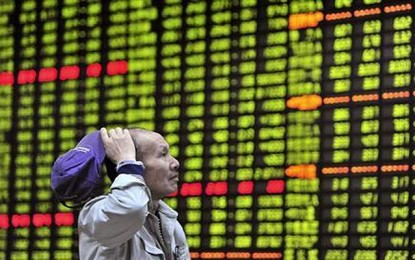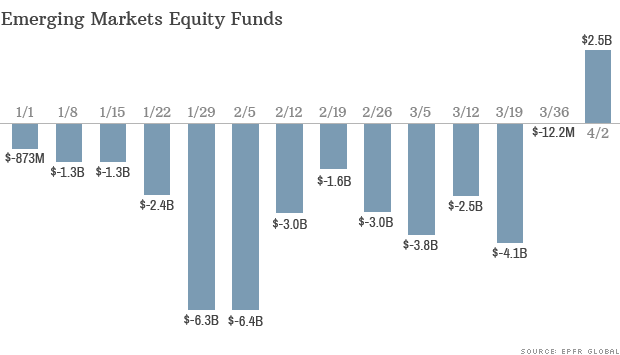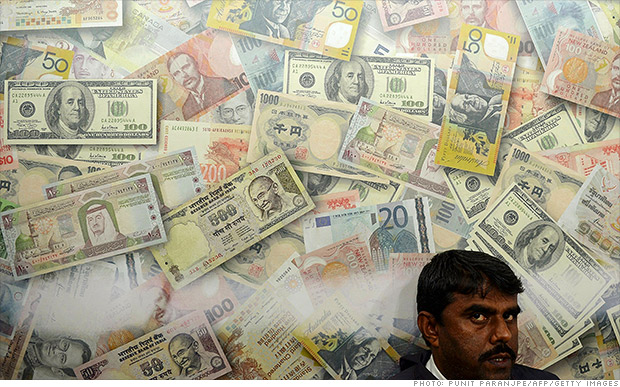Ivy Funds today launched the Ivy Emerging Markets Local Currency Debt Fund. Subadvised by Pictet Asset Management, a global leader in emerging market debt investing, the fund provides investors the opportunity to capture fixed income opportunities from a select group of emerging market economies. “At a time when emerging markets exert growing importance across the globe, this fund allows Ivy Funds to further engage advisors and investors, allowing them to tap debt securities through a fund that fits well within our overall product lineup,” said Thomas W. Butch, president and CEO of Ivy Funds Distributor, Inc. “And, by partnering with Pictet, we provide investors with a deep and experienced team that is well-known as a leader in this asset class.”
http://tinyurl.com/lfv4m9s
-Igor P Purlantov



















